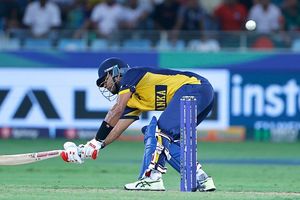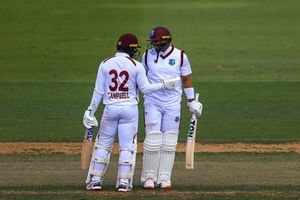Thousands of athletes from all over the world compete against each other at the highest level to prove their mettle in the Olympic Games. The level of competition in the Olympics is so high that on many occasions athletes are seen playing for countries other than their own. The question is whether Olympic rules allow an athlete to play from two countries. Let's see the International Olympic Committee's (IOC) rules regarding citizenship.
America's Eileen gives gold to China
Eileen Gu won the gold medal for China in big-air freestyle skiing at the Beijing 2022 Winter Olympics. The special thing is that Eileen, who won the medal for China, was born in America. This led to an increase in the buzz around what are the rules behind a player from one country playing for another country.
What do the Olympic rules say?
The participation of athletes in the Olympic Games has been explained in detail in the Olympic Charter. Rule 41 of the Charter clearly states that it is mandatory for an athlete to be a citizen of the country he wants to represent in the Olympic Games.
What if the athlete is a citizen of two countries?
Sometimes some players have citizenship of more than one country. In such a situation the question arises of which country he can play. It is clearly stated in the bylaws of Rule 41 of the Olympic Charter that if an athlete is a citizen of two or more countries at the same time, it depends on which country he wants to play for.
3-year waiting period
If an athlete has once competed for a country at any of the Olympic Games, Continental or Regional Games, or World Championships, he or she must change citizenships in order to play for another country. They will also have to go through the waiting period of 3 years International Olympic Committee (IOC). This means that there should be a gap of at least three years between playing for the new country and the last match played for the old country. However, IOC can reduce or even cancel this period.
ADVERTISEMENT










